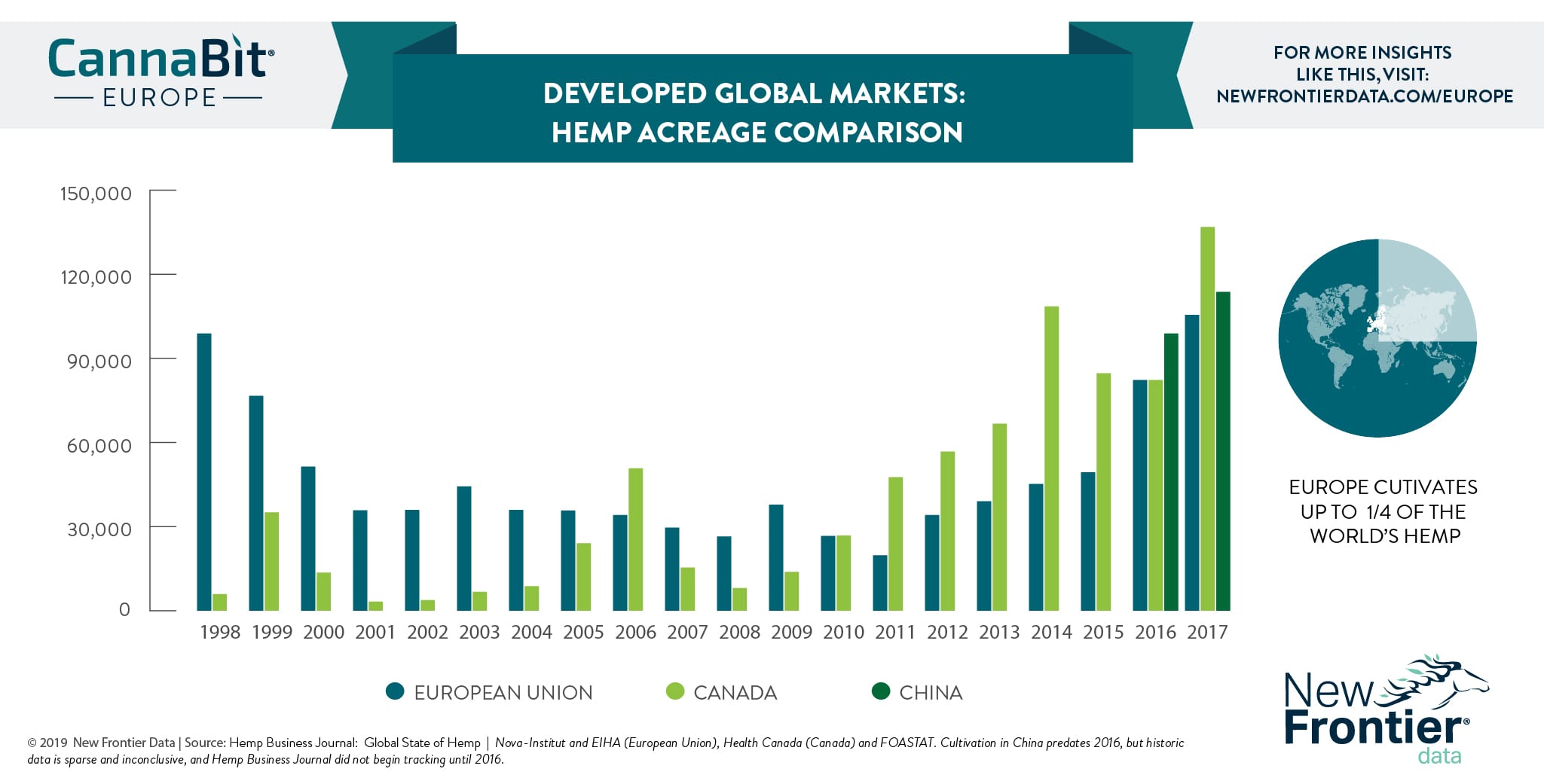Quebec Superior Court overturns province's ban on homegrown cannabis
Quebec Superior Court Judge Manon Lavoie overturned the province’s ban on homegrown cannabis on Tuesday, meaning that Quebecers are now free to cultivate cannabis at home without facing legal repercussions.
In June 2018, the provincial government passed Quebec’s cannabis law, which included provisions banning the cultivation of cannabis at home.
However, Lavoie ruled that these provisions are unconstitutional as they infringe upon the jurisdiction of the federal government, which has sole responsibility for legislating on criminal matters.
As a result, homegrown cannabis in Quebec is now regulated by Canadian law, which allows citizens to grow up to four cannabis plants.
“As a Quebec citizen, I subscribe to the idea that it’s better to control cannabis by allowing it to be grown at home,” said Julien Fortier, the lawyer who led the challenge.
Fortier took on the case after being approached by Janick Murray Hall, who wanted to bring the action to court on behalf of all those in Quebec who have been prosecuted for being in possession of cannabis plants.
According to the lawyer, Lavoie’s ruling fits with why the government opted to legalize cannabis in the first place.
“The entire idea behind the legalization of cannabis was that the government wanted to remove the production of this plant from organized crime,” Fortier said. “If you allow people to cultivate this plant themselves, that purpose would be achieved.”
Still, Fortier is urging Quebec homegrowers to avoid celebrating prematurely, as the provincial government has 30 days to file a petition to the Court of Appeal. In fact, he warns there is a “very strong chance” the government will seek an appeal.
“I don’t think the Quebec government will do nothing and let it slide,” he said. “Regardless, we’re looking forward to the fight.”


